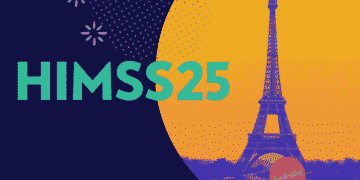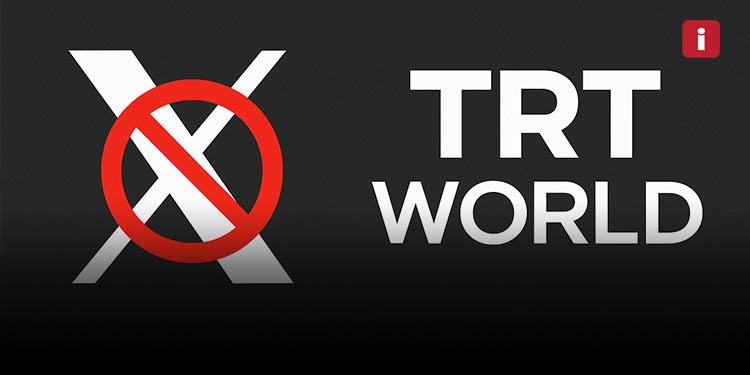India Blocks TRT World’s X Account Amid Rising Concerns Over Foreign Propaganda
In a significant move reflecting its intensifying crackdown on foreign media accused of spreading disinformation, the Indian government has blocked access to the official X (formerly Twitter) account of TRT World, Turkey’s state-run international broadcaster.
The Ministry of Electronics and Information Technology issued the directive under the Information Technology Act, Section 69A, which allows the government to block public access to digital platforms or content deemed a threat to India’s sovereignty, integrity, or public order.
Why Was TRT World Blocked?
According to officials familiar with the decision, the action was taken in response to repeated instances of content that allegedly portrayed India in a negative light, particularly on sensitive issues such as Kashmir, minority rights, and India’s foreign policy stance.
Security agencies reportedly flagged TRT World for promoting what they described as anti-India narratives, aligning with state-sponsored propaganda that could incite unrest or manipulate public opinion. The government has not yet issued a formal public statement, but multiple sources within the ministry confirmed the action was part of a broader effort to combat foreign influence operations online.
Part of a Larger Trend
This is not the first time India has taken a hard stance against foreign state-backed media. In recent years, accounts linked to China’s CGTN, Pakistan’s PTV, and other international outlets have faced similar restrictions.
India’s use of digital censorship laws has expanded, particularly since the implementation of revised IT Rules (2021) and subsequent updates that increase regulatory oversight of digital content.
The blocking of TRT World’s X account is seen by many as a move to assert information sovereignty and protect national interests, but it also raises questions about media freedom and transparency.
Global Reactions Likely
The decision is expected to draw criticism from international press freedom organizations, digital rights activists, and possibly the Turkish government, which may view the move as a diplomatic snub.
TRT World, which operates under Turkey’s state broadcaster TRT (Turkish Radio and Television Corporation), has previously denied allegations of biased reporting, asserting that it provides a global perspective on underreported issues.
Balancing National Security and Press Freedom
While Indian authorities argue that the platform was being used to push misleading narratives, critics warn that such actions could set a dangerous precedent in restricting press freedom under the guise of national security.
India has consistently defended its digital policies as necessary to combat fake news, terror propaganda, and hostile information warfare, especially in a volatile geo-political climate.
Conclusion
The blocking of TRT World’s account highlights the growing tensions between national security imperatives and freedom of the press in the digital era. As India continues to guard its online space from perceived external threats, the global debate over state control of digital platforms versus free expression is only expected to intensify.













































